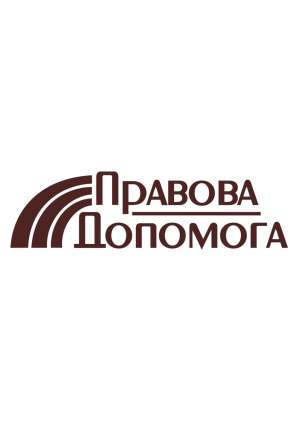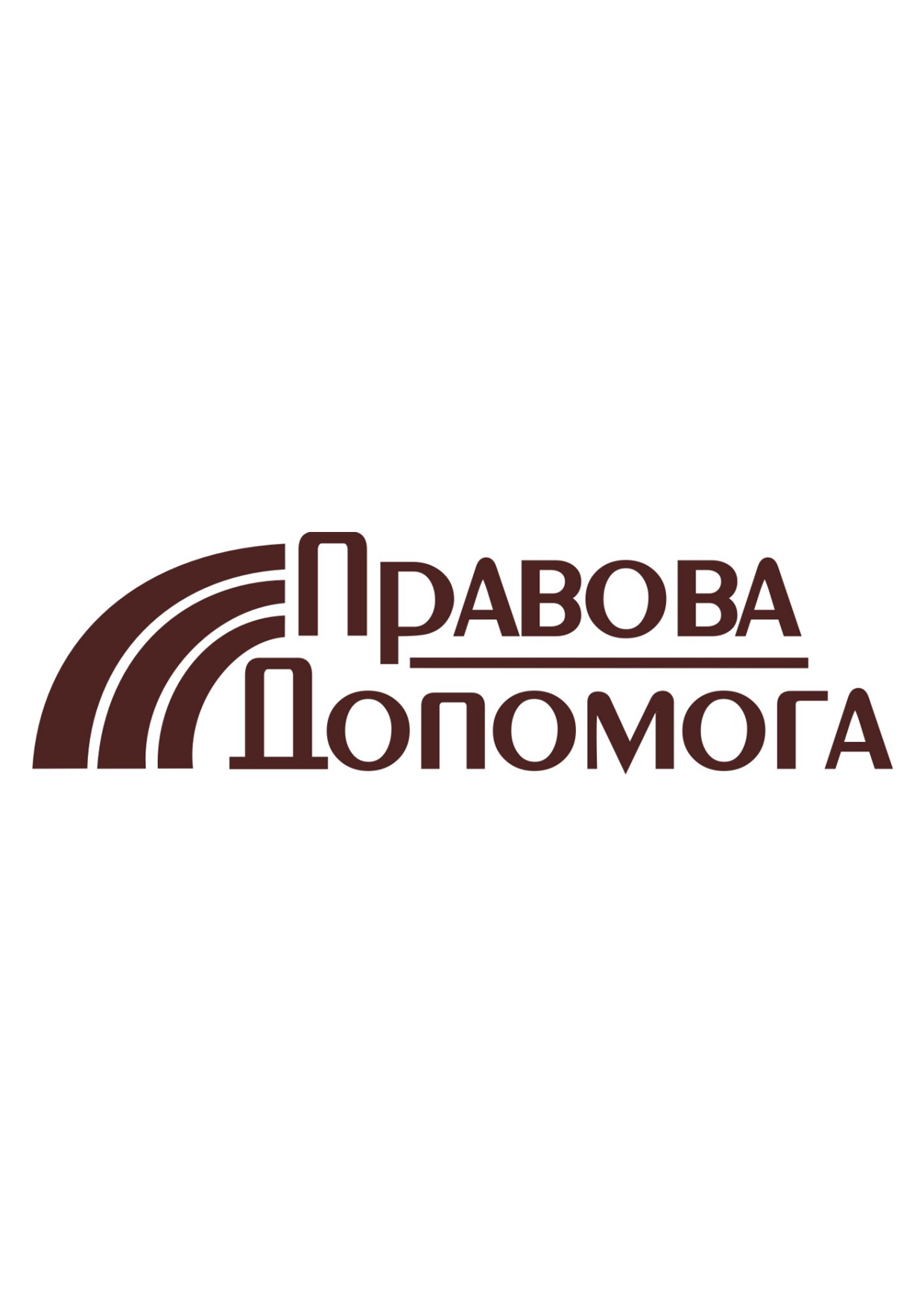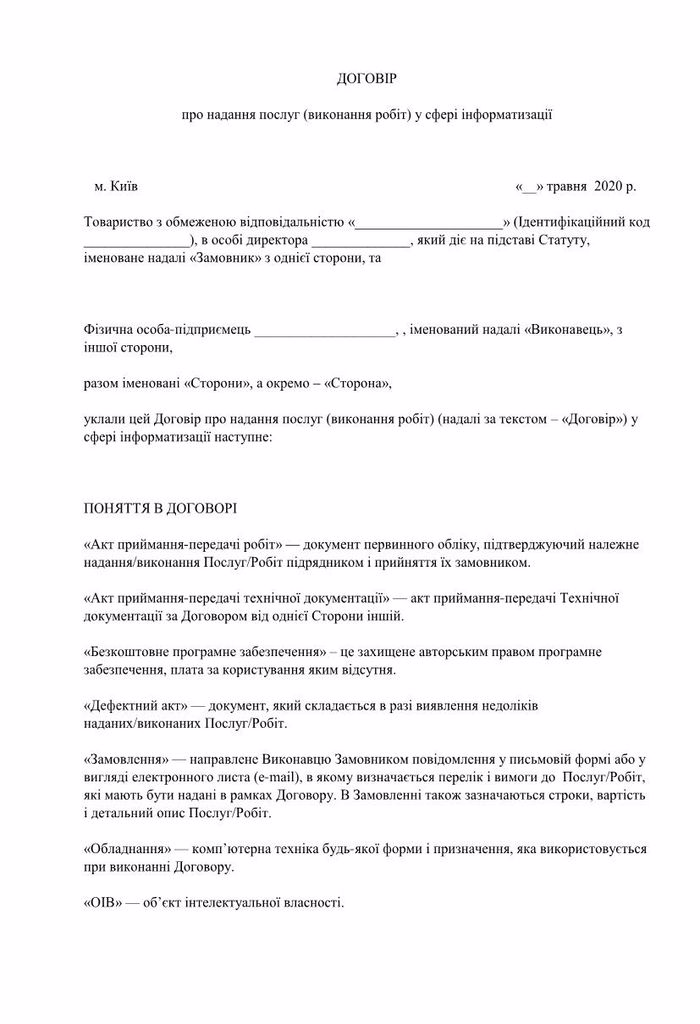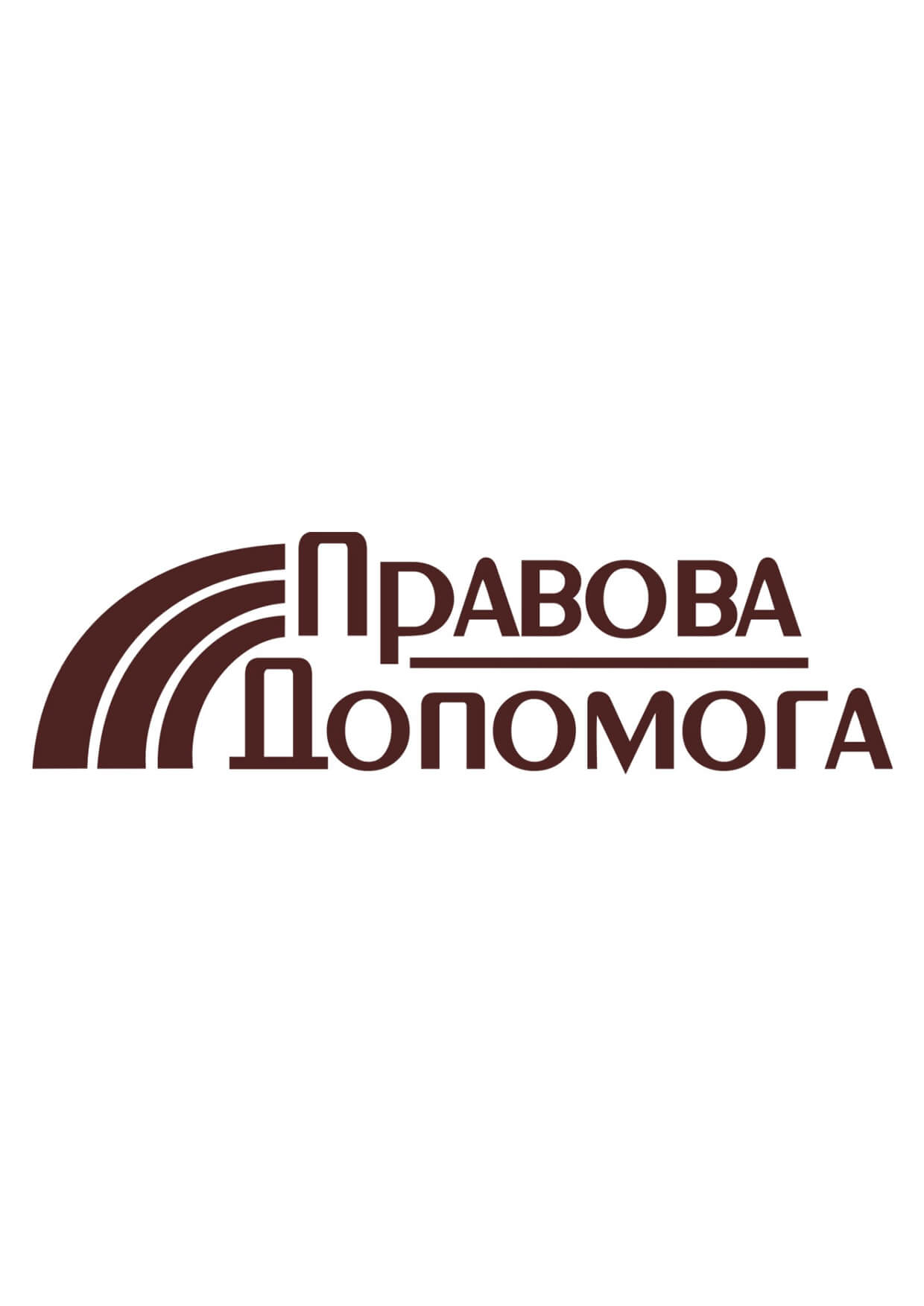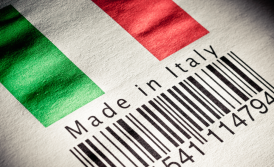Relocation of IT companies from Ukraine in 2023
Cost of services:
Reviews of our Clients
... our work on joint projects assured us of your high level of professionalism
Due to the outbreak of war in Ukraine, many companies began to relocate their businesses to other countries. The IT sphere is no exception.
According to statistics, relocation within Ukraine prevails among IT companies (almost half of the companies preferred to move to calmer regions but stay in Ukraine). The other half has made a partial relocation of business abroad, and only 5% of companies have completely abandoned doing business in Ukraine.
As you can see, most companies decided to stay in Ukraine, wait for the end of the war, and then once again become active on the Ukrainian market. One of the best options for IT offices today may be a partial relocation - that is to open offices in a suitable jurisdiction and bring their employees to work safely during the war.
Please note! The country of company registration (which is involved in business activities) is usually different from the country where the actual staff is located. When choosing the country of company registration, the main thing that IT investors are guided by is the tax burden in this or that country. In this case, when choosing the location of the office, either the countries of "origin"/permanent location of the staff (e.g. Ukraine, Russia, India, etc.) or countries with low cost of living are usually preferred.
So when we hear that many IT specialists are relocating to countries like Serbia, Montenegro, Croatia, Vietnam, Thailand, Spain, Portugal, and the UK, it does not mean that their parent company will be located there. As a rule, it will simply mean the place where each of the specialists has decided to move personally (usually working remotely and being able to choose where to live, and being able to bear his own expenses).
Unless the choice of a European country (Spain, Portugal, UK, etc.) was made deliberately, based on the R&D (Research and Development) regime, which will be discussed below.
As for the companies, deciding on the relocation of staff or the temporary opening of a branch office, you need to think in advance about the taxes in the new jurisdiction, leaving the place of registration in Ukraine. Which country's taxes will have to be paid?
You may also like: Import of Services by Resident. Accounting and Tax Accounting
Where are the parent company offices usually located?
Successful IT companies, as a rule, accept payments in large sums, which means that few people will want to pay huge taxes on them. Thus, the most profitable and popular countries in the field of IT, apart from Ukraine, are Malta, Hong Kong, Delaware, Georgia, Estonia, Poland, Bulgaria, Cyprus, and UAE.
Malta is interesting because it allows you to reduce the income tax rate to 5% (from 35%). However, in order to get the opportunity for a refund of excessive tax (tax refund in the amount of 6/7), you must meet a number of conditions:
- The income received by the company must be from active trading activities (IT companies satisfy this requirement);
- A tax refund is possible only for the shareholder;
- The country of registration of the shareholder must understand and recognize at the legislative level such concepts as "tax refund" in order to avoid tax “complications”. For example, if the founder of a Maltese company is a citizen of Ukraine, but the Ukrainian legislation does not have such tax phenomenon as a "tax refund", it means that Ukraine will apply an 18% tax on this type of income as an “additional benefit”.
That is why the Maltese trading company is usually used in conjunction with either Malta or Cyprus because both Malta and Cyprus recognize the concept of "tax refund" and do not tax this type of income.
Estonia and Georgia are interesting because the profit tax there is not levied until the distribution of profits in favor of the shareholder. That is, if a company's profit "circulates" within a group of companies, i.e. "reinvested" in the business (and the transfers can be under virtually any economic contracts), then it will not be subject to tax at the jurisdictional level. And vice versa - income tax arises at the time when the company makes a distribution of profits (in the form of dividends to the shareholder).
Read more here.
Advantages of the UAE:
- No taxes at all (no corporate tax, no tax on passive income, no personal income tax, etc.);
- UAE is not an offshore jurisdiction, and they have many DTTs (which indicates the respectability of the jurisdiction and its recognition by the international community);
- The UAE practically does not exchange information with the tax authorities and law enforcement agencies of other countries;
- For the shareholder and director of the company, there is the possibility of obtaining an investor visa for a period of 3 years and an Emirati ID card. The availability of an Emirati ID card is the basis for obtaining a Tax Residency Certificate for an individual in the UAE, subject to certain conditions. The availability of such a certificate for an individual (citizen of Ukraine) may provide an opportunity to "adjust" the route of tax information in case of Ukraine's accession to the Common Reporting Standards, Automatic Exchange of Information.
Hong Kong is attractive because there is a territorial principle of taxation. That is, companies that do not operate in Hong Kong (i.e. do not have counterparties from Hong Kong, do not transport goods through the territory of Hong Kong, and meet a number of other criteria) are exempt from taxation in Hong Kong.
But companies are not automatically exempt from taxation. They must confirm on an annual basis that they did not conduct business during the reporting period in Hong Kong (i.e. to file the so-called Offshore Claim, which is either satisfied by the Hong Kong Inland Revenue Service or not).
If the results of the audit show that the company has conducted activities in Hong Kong (had counterparties/suppliers/customers in Hong Kong, delivered goods through/supplied services in Hong Kong and etc.), the company income tax rate of 8.25% on the first 2 million HK$ (≈ USD 255,000) and 16.5% - on everything above shall be applied.
Companies in Delaware (USA) are good because they are not subject to federal and state tax in Delaware, i.e. such companies may pay no tax at all. However, it should be borne in mind that this approach can be applied to them only if they choose the "offshore" status when registering with the tax authorities.
In such a situation, you have to be careful with the withdrawal of profits, because double taxation treaties cannot be applied to this type of companies and repatriation tax will be levied at the standard rate of 30%.
Bulgaria is attractive because it has the lowest income tax rate in the EU (10%).
Poland is interesting because the newly registered companies (startups and companies with small turnover) may not pay taxes there as well. Read more here.
You may also like: New Rules for Application of Double Taxation Treaties
What is R&D mode and how does it benefit IT companies?
Before 2016, most European jurisdictions had a special preferential tax regime for intellectual property income (the so-called IP Box regime).
The basis for this regime was laid in the 1970s by Ireland and France, which introduced separate tax incentives for corporate income about royalties and other income from the transfer of IP objects for the right to use.
Since the 2000s, this regime, under different names and with different features (as applied), began to be used in most EU countries, in particular in such countries as Ireland, France, Hungary, the Netherlands, Luxembourg, Belgium, Cyprus, Liechtenstein, Malta, Spain, Switzerland (Canton of Nidwalden), Great Britain, Portugal, Italy.
To qualify for this regime, the taxpayer must have the listed (qualifying) IP objects. At the same time, all countries allowed exemptions to be applied to patents and related rights. Such objects as designs and models, trademarks, and copyrights were subject to tax exemptions in about half of these countries. Know-how and domain names were less often included in the list of qualified objects.
As for the benefits, their essence was that a certain part (%) of the income in the form of royalties was exempt from taxation, which allowed for a significant reduction of the standard income tax rate.
For example, Cyprus, Liechtenstein, and Luxembourg granted a tax exemption of 80% of income on IP objects, with only the remaining 20% of income being taxed at the standard rate. In Cyprus and Liechtenstein the standard CIT rate was 12.5%, and in Luxembourg (in 2014) it was 29%. Thus, the effective rate on IC income was 2.5% in Cyprus and Liechtenstein (instead of the standard rate of 12.5%) and 5.84% in Luxembourg (instead of the standard rate of 29%).
Tax optimization schemes using IP rights have not escaped the attention of states that actively oppose offshore tax planning. To prevent abuses, the European community soon recommended modifying the preferential regimes, limiting their application only to those intellectual property objects in the creation of which the company claiming the preferential treatment was directly involved (until June 30, 2016). This approach was called the Modified Nexus Approach.
The main requirement of the new regime was that the preferential taxation of income received from intellectual property objects must be conditioned by the company's "substantial economic activity" in respect of such objects.
This implies the availability of costs for research and development work associated with the development, creation, and further improvement of intellectual property (IP). In English-speaking countries, such work is called R&D (Research and Development).
In 2017, the legislation of most European countries with preferential IP Box regimes was amended to bring domestic legislation in line with the EU recommendations and the BEPS plan. In addition, according to these amendments, trademarks were excluded from the list of qualified IP objects in many countries.
You may also like: Cases of CFC Exemption from Taxation in Ukraine
How the R&D regime works in practice: Cyprus
The IP regime in Cyprus applies to qualifying IP items that are developed after July 1, 2016. For a Cypriot company to benefit from preferential tax treatment, it must meet certain conditions of the IP regime.
Under this regime, 80% of the qualified profits will be treated as a deemed expense for tax purposes. The remaining 20% will be subject to ordinary corporate tax at the rate of 12.5%.
The IP objects that are subject to this regime include:
- assets that were acquired, developed, or used by a person in the course of his/her business;
- assets resulting from research and development.
These include patents, software, utility models, etc.
Commercial names, brands, trademarks, image rights, and other IP rights used for marketing products and services do not fall under this regime.
In order for a Cypriot company to be eligible for the tax benefits provided by this regime, it must prove the existence of expenses incurred for the relevant IP developments. These include:
- Expenses for payment of salaries and wages for research and development;
- Expenses associated with the purchase of appropriate equipment used for research and development;
- Expenses associated with the purchase of materials related to research and development;
- Expenses related to research and development that have been outsourced to an unrelated party.
However, such expenses do not include:
- Expenditures for the acquisition of intangible assets;
- Interest paid or payable;
- Expenditures for the acquisition of immovable property;
- Amounts paid or payable directly or indirectly to a related party for research and development activities, regardless of whether the amounts relate to a cost-sharing agreement;
- Expenses that cannot be directly attributed to a qualifying asset.
As you can see, it is impossible to outsource 100% of Ukrainian staff for software development and subsequent claim for a preferential Cypriot R&D regime.
For a Cyprus company to qualify for the tax benefits provided by the Cyprus R&D regime (paying 2.5% instead of 12.5%), it must demonstrate that at least some of its development work takes place in Cyprus.
You must prove that Cyprus was chosen as a jurisdiction not only to enjoy the R&D regime and minimize the tax burden but to conduct real business activities.
We are talking about the fact that you will have to "formalize" at least a minimum of sabstance in Cyprus:
- rent a room/office;
- hire employees (or several people) with relevant experience, and professional background (in the IT field);
- pay taxes on salaries, etc.
In other words, to demonstrate the existence of a real business presence in Cyprus.In addition, it is necessary to show what expenses were incurred by the Cyprus company and not by the Ukrainian office for software development.
This is why many IT companies moved to Cyprus in full or in part.
A similar approach to solving the issue of granting the right to use a preferential R&D regime applies in most other European countries.
Choosing a suitable jurisdiction and calculating future taxes is only the first part of the relocation or temporary relocation of an IT business. We can offer support for the entire procedure, including assistance with:
- selecting the jurisdiction to register the company involved in business activities and the jurisdiction for relocation of personnel (based on the applicable taxation);
- opening a bank account, finding and renting an office, registration of personnel;
- solving the question of the form of employment of Ukrainian personnel (sole proprietorship or employment agreement), based on applicable taxation;
- intellectual property issues - we provide advice on their protection (transfer of rights to IP from the employee, the relationship with clients);
- drafting contracts with counterparties;
- developing a financial model (how to finance the business and how to repatriate profits), etc.
If you want to consider other jurisdictions for your IT company, don't hesitate to contact us. We will help you calculate the possible risks and advantages, help you find a suitable jurisdiction, and implement the relocation to the extent beneficial to your business.
The cost of tax optimization services here.
The cost of business relocation here.

